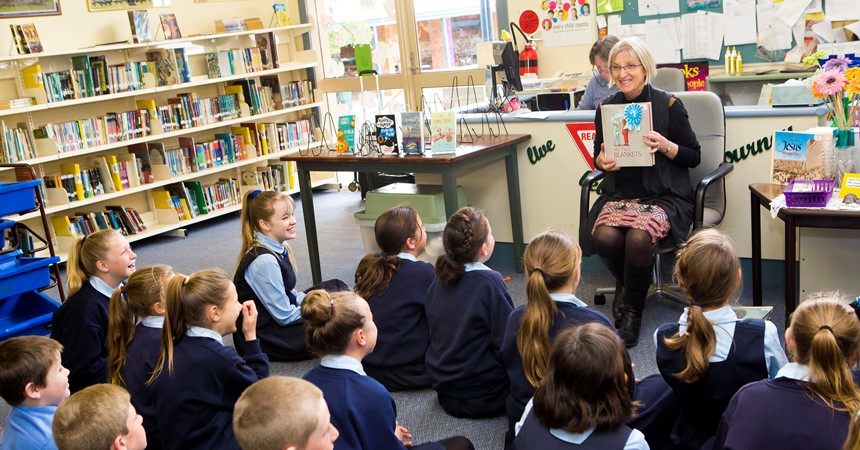“The reality is that school funding in Australia is a partnership between the Australian Government, state and territory governments and parents,” NCEC executive director Ross Fox said.
“Simplistic analysis that ignores the great diversity of needs across Australian schools does little to advance the understanding of how needs-based funding arrangements can be further realised. Tired rhetoric pitting sector against sector can only stifle that process.
“Ken Boston, a highly respected educator and part of the Gonski Review of Funding for Schooling, has just today called out the campaigning of the Australian Education Union as unhelpful. Let’s hope his wisdom is heard – and heeded.”
Mr Fox said both the AEU analysis and the Commonwealth Budget are clear: Commonwealth funding for government schools will continue to increase more quickly than for non-government schools in the coming years. This reflects needs-based funding arrangements.
“Given the fact that state governments provide the overwhelming majority of government funding for public schools, and the Commonwealth is the major funder of non-government schools, in partnership with parents, simplistic comparisons in dollar terms don’t provide insight into school funding challenges,” he explained.
“Government schools have 65 per cent of enrolments but receive 71 per cent of the government funding spent on schools by all governments. On a per-student basis, government schools receive $2,100 more than Catholic schools, based on the latest figures.”
Mr Fox said Catholic education wants to work cooperatively with all governments to improve the existing needs-based funding model for the benefit of students in all schools in all states and territories.
“The shared aspiration for school funding is to have a needs-based, sector-blind funding model. When fees paid by parents in Catholic schools are required to be many times higher than those parents pay in similar government schools, it is questionable how the model is sector-blind,” he said.
Mr Fox said a number of surveys have found education was a major focus of this year’s federal election and voters paid close attention to schools policies when deciding how to vote. Catholic education expects that it will remain a focus during the new term of Parliament.
“Catholic education will make the case for sustainable and equitable funding on behalf of the 1,731 Catholic schools across Australia educating 765,000 students, including increasing numbers of Indigenous students and students with disability – two of the fastest-growing groups of students in Catholic schools,” he said.
“We will make that case for all schools and all students because Catholic education is part of a broader endeavour aimed at helping improve the educational opportunities and life prospects of all young Australians.”
